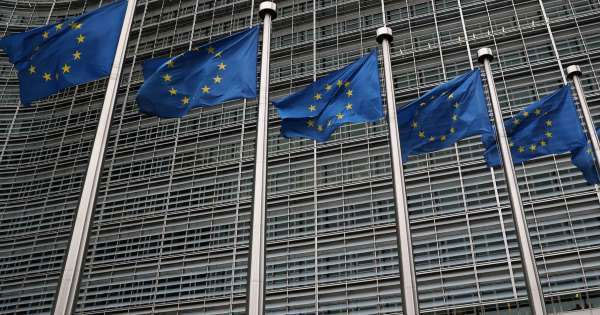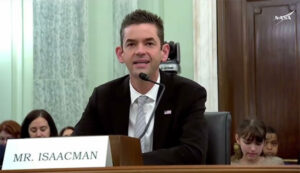
At present, the European Union (EU) says in a statement that Sri Lanka’s import restrictions have adversely affected a number of areas of cooperation with its countries.
They point out that trade is not a one-way street. The EU Embassy in Sri Lanka, in conjunction with the Embassies of France, Germany, Italy, the Netherlands and Romania in Colombo, issued the announcement. It states that the current import restrictions have had a negative impact on businesses and foreign direct investment in Sri Lanka and Europe.
The European Union (EU) says it is also an obstacle to Sri Lanka’s goal of becoming a regional economic hub. It states that Sri Lanka’s export sector will also be adversely affected by the disruption to the import of raw materials and machinery. The European Union (EU) has said that continued import restrictions are not in line with WTO regulations.
Meanwhile, the European Union (EU) said in a statement that it was concerned about Sri Lanka’s decision not to support UN Human Rights Council Resolution 30/1. The statement added that Sri Lanka had received more than බිල 1 billion in aid over the past 25 years.
In addition, EU member states have provided various assistance to Sri Lanka at bilateral levels. The European Union (EU) has said that the GSP + concession has given Sri Lanka a one-sided trade. As a result, the European Union has become Sri Lanka’s second largest international export market.



